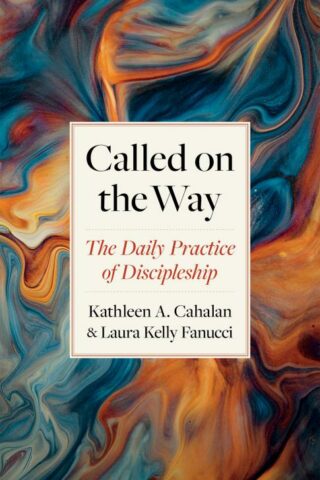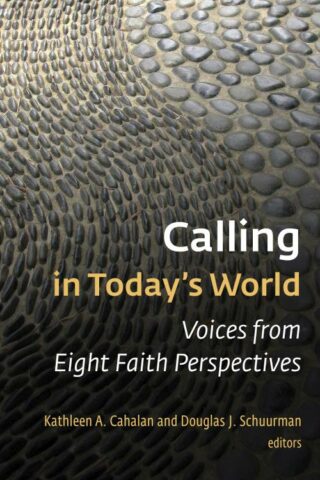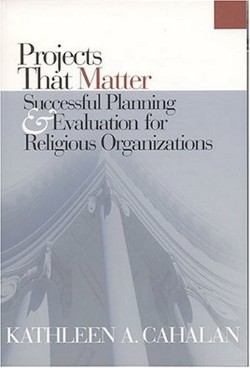Kathleen Cahalan
Showing all 4 results
-
Called On The Way
$17.95Add to cartDiscipleship is not a program to be implemented or a goal to be achieved but a lifelong walk with Christ, who is the way.
Our calling by Christ to be his disciples is so fundamental to our faith that we sometimes fail to realize its meaning. What does it mean to be called? What is a disciple? In Called on the Way: The Daily Practice of Discipleship, authors Kathleen Cahalan and Laura Kelly Fanucci explore through personal stories, Scripture readings, and prayer experiences, what it means to be called a disciple “on the way.”
Through our roles and relationships, each person is blessed with many callings to heed God’s invitation to follow the way of Christ. Calling is something we do, someone we are, and someone we become and the image of “the way” is the central biblical theme of our journey together . Called on the Way includes seven practical ways you can understand and live out your own call to discipleship as a follower, worshiper, witness, neighbor, forgiver, prophet, and steward. Each chapter includes a personal story, biblical foundation, and connections to saintly and sacramental practice. Reflection questions help identify how you and your parish community can live the life of discipleship in the time and place where God is leading you and calling you now.
-
Calling In Todays World
$28.99Add to cartComparative religious insights into the meaning of vocation
The concept of “vocation” or “calling” is a distinctively Christian concern, grounded in the long-held belief that we find our meaning, purpose, and fulfillment in God. But what about religions other than Christianity? What does it mean for someone from another faith tradition to understand calling or vocation?
In this book contributors with expertise in Catholic and Protestant Christianity, Judaism, Islam, Hinduism, Buddhism, Confucianism and Daoism, and secular humanism explore the idea of calling in these various faith traditions. The contributors each search their respective tradition’s sacred texts, key figures, practices, and concepts for wisdom on the meaning of vocation. By seeking comparative insights from diverse faith traditions, say Kathleen Cahalan and Douglas Schuurman, we can all increase and improve our efforts to build a better, more humane world.
-
Formed In The Image Of Christ
$26.95Add to cartThe Christian life is an imitation of Christ’s response to God, a religious response to God’s initiative. We are called to make all responses religion and morality acts of adoring worship and praise. This sacramental theology is the fundamental moral theology of Bernard Haring, C.Ss.R., whose contributions as a twentieth-century theologian have prepared the way of renewal in Catholic theology today.
Part One of this book introduces Bernard Haring and his place in the history of Roman Catholic moral theology. Part Two examines the central concepts of Haring’s sacramental-moral theology: responsibility, Christ as Word of God and High Priest, the human person as word and worshiper, and the sacraments as dialogue and response. In Part III the author illustrates how Haring takes a minor category the virtue of religion and places it at the center of moral life.
-
Projects That Matter
$26.00Add to cartProjects That Matter is a primer for project leaders and teams about basic project planning and evaluation. Intended for the nonexpert, the book introduces readers to the five basic elements of project design and describes in detail a six-step process for designing and implementing a project evaluation and for disseminating evaluation findings. Project leaders in congregations, colleges and seminaries, camps and other specialized ministries, and other religious settings will find Cahalan’s guidance clear and invaluable.
Cahalan presents evaluation as a form of collaborative inquiry and shows how leaders can use evaluation design to develop effective project plans and prepare case statements for donors or grant proposals for foundations. She introduces project planning and evaluation as mission-related practices and invites leaders to consider how their tradition’s particular mission and beliefs influence the way they plan and evaluate. In the final chapter, she makes explicit her own theological presuppositions-that the virtues of discernment, stewardship, and prudence are essential for good project planning and evaluation. Foreword by Craig Dykstra.




